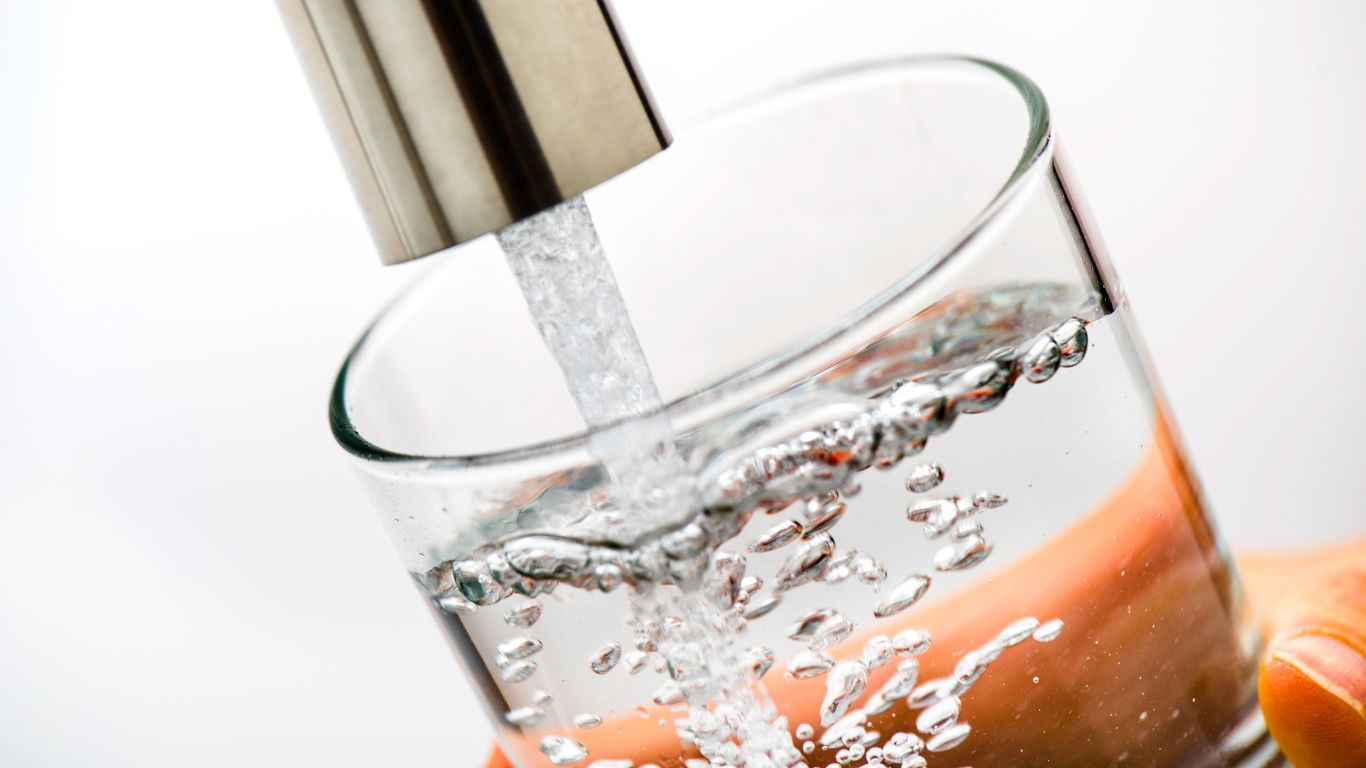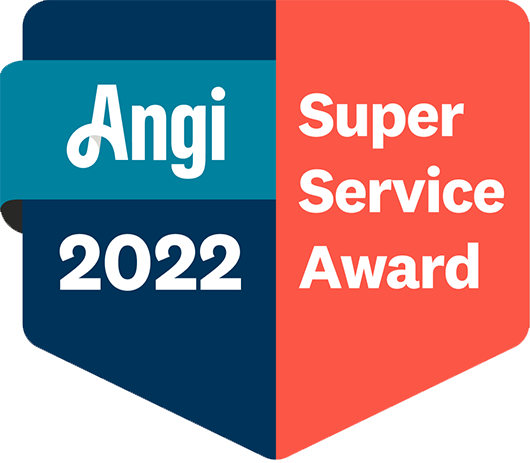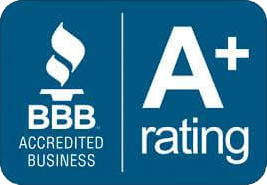It’s long been known Long Island’s water has been contaminated by dangerous chemicals such as PFAS and dioxane. But it also now faces a new, emerging threat to its groundwater quality: nitrate pollution. Groundwater aquifers, the sole source of drinking water for Nassau and Suffolk Counties, are increasingly contaminated by nitrates originating from various sources including cesspools, septic systems, fertilizers, and airborne pollutants.
Sources of Nitrate Pollution in LI Drinking Water
Nitrate levels in Long Island’s aquifers, especially in areas like Suffolk County and northern Nassau County, are on the rise due to:
- Sanitary Wastewater Treatment Plants: The primary source of nitrogen to Long Island Sound is from sanitary wastewater treatment plants – not a surprise, given that nearly nine million people live within the watershed.
- Cesspools and Septic Systems: These systems contribute nitrates and other contaminants such as pharmaceuticals and household chemicals.
- Fertilizers: Used extensively in agriculture and residential landscaping, fertilizers often contain nitrates that leach into groundwater.
- Air Pollutants: Industrial emissions and vehicle exhaust can also contribute to nitrate pollution.
Hazards of Nitrates in Water
- Risk in Infants: According to the New York State Department of Health, Infants are highly sensitive to nitrates. Infants can develop methemoglobinemia (“blue baby syndrome”), a condition where nitrates convert to nitrite in the body, reducing oxygen-carrying capacity in the blood.
- Risk in Vulnerable Groups: Older children and adults are typically less affected by nitrate contamination, but individuals with gastrointestinal disorders like achlorhydria or atrophic gastritis, which reduce stomach acid and promote nitrite production, face an increased risk of illness compared to the general population.
- Environmental Effects: Excess nitrogen can cause toxic algal blooms that lead to low oxygen conditions, fish kills, and degraded wetlands and marine habitats. Nitrogen also contaminates the groundwater which is the sole source of Long Island’s drinking water.
Solution: Reverse Osmosis Systems
Reverse osmosis (RO) systems offer an effective solution to remove nitrates and other contaminants from drinking water:
- Mechanism: RO systems use a semipermeable membrane to selectively filter out nitrates and other impurities from water.
- Effectiveness: They can achieve high removal rates, typically eliminating 95% or more of nitrates from water.
- Additional Benefits: Some advanced RO systems include stages for further purification, ensuring clean and safe drinking water.
- Maintenance: Regular monitoring and maintenance of RO systems are essential to sustain their effectiveness over time.
At Simply PURE Water Filtration, we offer advanced reverse osmosis (RO) systems that will remove dangerous contaminants from your water and make sure it’s healthy, safe, and great tasting.
Conclusion
Concerned about nitrate pollution or other contaminants in your water? Take the first step today and request a free water quality analysis from us. By addressing the sources of nitrate pollution and embracing effective solutions like RO systems, Simply PURE can ensure that you and your family will continue to enjoy clean and sustainable drinking water, wherever you live on Long Island.
About Simply PURE Water Filtration Services
Living in and serving the Long Island community, we strive to make sure everyone has access to clean, healthy water. We have the experience, knowledge, and industry-leading technology to provide clean water solutions for water impurities, contaminants, hard water, bad tasting/odors, well water, acidity & pH regulations.
Proud members of the WQA (Water Quality Association), and the EWQA (Eastern Water Quality Association), we adhere to strict guidelines and the WQA code of ethics. As a Pentair True Blue Partner and Authorized Distributor of Pentair Products, there’s nothing comparable to the performance, and efficiency of our whole house purification systems, water softeners, neutralizers, whole-house filters, and alkaline reverse osmosis systems for drinking in the convenience of your home.
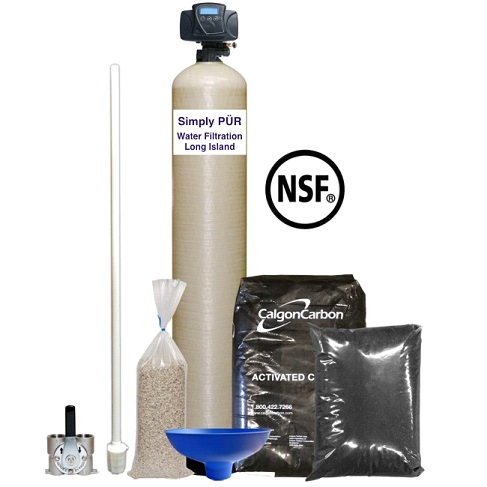
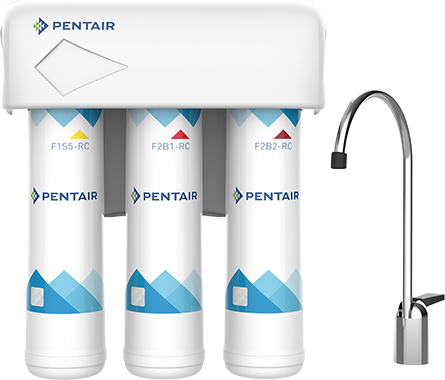
Our products are all NSF / ANSI certified, meeting the highest safety standards and quality performance. Providing our community with only the best experience of high quality water that’s Simply PURE from our family to yours!
Simply PURE utilizes accurate testing methods before and after system installation, as well as annual maintenance of all your water treatment equipment. Our Revolutionary Custom Built Water Treatment systems upon the completion of a Free In-Home Water Analysis, or an in-depth Comprehensive Water Analysis of your choice sent to our Certified Laboratory.

